To provide the best experiences, we use technologies like cookies to store and/or access device information. Consenting to these technologies will allow us to process data such as browsing behaviour or unique IDs on this site. Not consenting or withdrawing consent, may adversely affect certain features and functions.
The technical storage or access is strictly necessary for the legitimate purpose of enabling the use of a specific service explicitly requested by the subscriber or user, or for the sole purpose of carrying out the transmission of a communication over an electronic communications network.
The technical storage or access is necessary for the legitimate purpose of storing preferences that are not requested by the subscriber or user.
The technical storage or access that is used exclusively for statistical purposes.
The technical storage or access that is used exclusively for anonymous statistical purposes. Without a subpoena, voluntary compliance on the part of your Internet Service Provider, or additional records from a third party, information stored or retrieved for this purpose alone cannot usually be used to identify you.
The technical storage or access is required to create user profiles to send advertising, or to track the user on a website or across several websites for similar marketing purposes.
 The UK Government has issued new guidance to help people return to work safely. Measures include redesigns of all workplaces including offices to maintain social distancing, staggered times of work, the use of as many entrances to a building as possible and changed layouts. The guidelines cover eight workplace settings including construction, offices and contact centres, factories, plants and warehouses and shops. (more…)
The UK Government has issued new guidance to help people return to work safely. Measures include redesigns of all workplaces including offices to maintain social distancing, staggered times of work, the use of as many entrances to a building as possible and changed layouts. The guidelines cover eight workplace settings including construction, offices and contact centres, factories, plants and warehouses and shops. (more…)








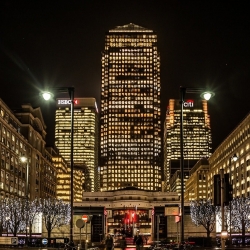


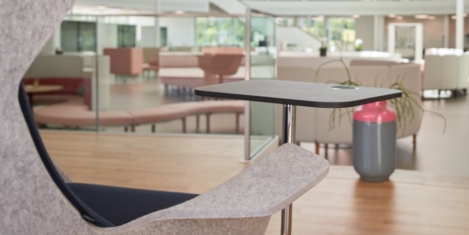
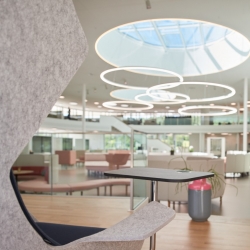

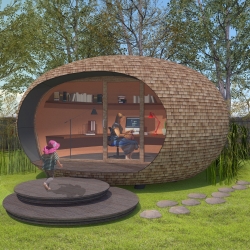





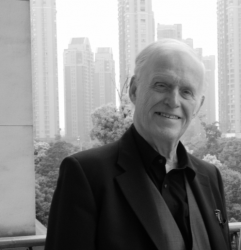



 Organisations across Europe are facing a skills challenge caused by digital transformation, with many struggling to keep pace with learning and development (L&D) needs, claims research from
Organisations across Europe are facing a skills challenge caused by digital transformation, with many struggling to keep pace with learning and development (L&D) needs, claims research from 










May 18, 2020
Neurodiversity measures do not hold up in the present culture
by Nadya Powell • Comment, Wellbeing